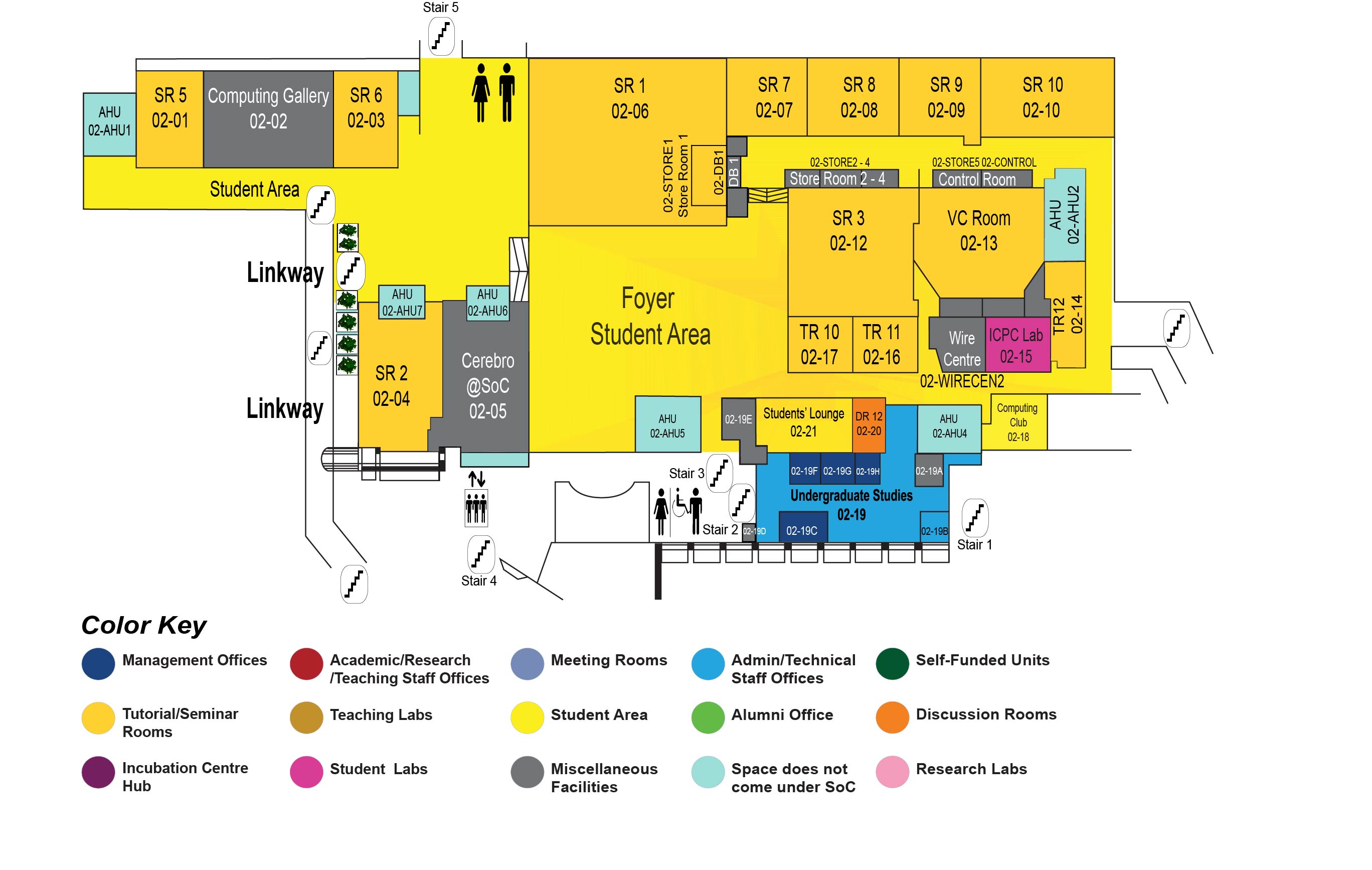The Age of Human Robot Collaboration: Deep Sea Exploration
Professor of Computer Science and Director of the Robotics Laboratory,
Stanford University
COM1 Level 2
SR1, COM1-02-06

Abstract:
The promise of oceanic discovery has intrigued scientists and explorers for centuries, whether to study underwater ecology and climate change, or to uncover natural resources and historic secrets buried deep at archaeological sites. The discussion focuses on the development of Ocean One, a bimanual humanoid robotic diver that brings intuitive haptic physical interaction to oceanic environments. The robot was deployed in an expedition in the Mediterranean to Louis XIV's flagship Lune, lying off the coast of Toulon at ninety-one meters. Ocean One's demonstrated-ability to distance humans physically from dangerous and unreachable spaces while connecting their skills, intuition, and experience to the task promises to fundamentally alter remote work. Robotic avatars will search for and acquire materials, build infrastructure, and perform disaster prevention and recovery operations - be it deep in oceans and mines, at mountain tops, or in space.
Biodata:
Oussama Khatib received his PhD from Sup'Aero, Toulouse, France, in 1980. He is Professor of Computer Science and Director of the Robotics Laboratory at Stanford University. His research focuses on methodologies and technologies in human-centered robotics. He is a Fellow of IEEE, Co-Editor of the Springer Tracts in Advanced Robotics (STAR) series, and the Springer Handbook of Robotics. Professor Khatib is the President of the International Foundation of Robotics Research (IFRR). He is recipient of the IEEE RAS Pioneer Award, the George Saridis Leadership Award, the Distinguished Service Award, the Japan Robot Association (JARA) Award, The Rudolf Kalman Award, and the IEEE Technical Field Award.
NB: This event is expected to be popular. Seats are limited and admittance will be 'first come, first served'. Please arrive early to avoid disappointment.

